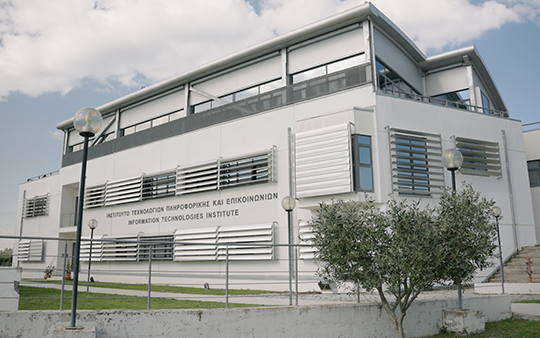
The rule should be to consume meat products rarely, sweetened juices only occasionally and to reduce the intake of saturated fats.
Evidence is accumulating on the link between the development of serious diseases such as cancer and the consumption of processed foods, writes NBC News.
Two scientific studies published on Monday highlight the danger of frequent consumption of foods such as hot dogs, various snacks, sodas and French fries.
The first study, which analyzed more than 24,000 adults in Italy, found that those who frequently consumed ultra-processed foods in large quantities were generally at a higher risk of death, especially from cardiovascular disease, compared to people who ate less of such foods.
Another study followed more than 200,000 American health professionals between the ages of 24 and 28 and found that men who ate a lot of ultra-processed foods – an average of more than nine times a day – had a 29 percent higher risk of developing colorectal cancer than men who did not. who ate only three such meals a day.
Fang Fang Zhang, the lead author of the second study and a professor at Tufts University, said that people in the group that consumed the most processed foods even got about 80 percent of their daily calories from such foods. In the US, the average is 57 percent.
The study found no link between eating ultra-processed foods and colorectal cancer in women, although scientists aren’t sure why. According to one theory, higher estrogen levels in women may provide some protection, Dr. Zhang said. But the results may also be an anomaly considering that most risk factors are the same for both sexes.
Previous studies have linked ultra-processed foods to an increased risk of high cholesterol, diabetes, obesity, cognitive decline, breast cancer and cancer in general.
Foods considered ultra-processed contain more artificial ingredients than those processed only by adding salt, sugar or oil. Ultra-processed foods usually have very few whole ingredients and contain artificial flavors, colors or other additives. Microwave-only foods, packaged donuts and ice cream, for example, fall into this category.
“This is kind of an attempt to define the so-called ‘junk food’ that we all know when we see it,” said Walter Willett, professor of epidemiology and nutrition at Harvard’s TH Chan School of Public Health, who was not involved in the study. none of the studies.
Since the colon and rectum are the parts of our digestive tract that are “first hit by nutrition,” Willett says that colorectal cancer appears to be more directly related to diet than other forms of cancer.
More and more cases of cancer
Colorectal cancer rates have increased in recent decades among younger adults. A study by the American Cancer Society found that rates of colon cancer in people aged 10 to 39 have increased every year since the 1980s, and the rate of rectal cancer in people under 55 doubled from 1990 to 2013.
“Diet likely plays a role in the increase in obesity that we continue to see, and we know that obesity is associated with colorectal cancer and other cancers,” said Carolyn Um, chief scientist of the American Cancer Society. “We are seeing more and more young obese people suffering from a variety of obesity-related conditions, such as diabetes and metabolic syndrome.”
However, a new study also found that ultra-processed foods were linked to colorectal cancer in men, independent of their body mass index.
Therefore, scientists suggest that chemical additives in food or synthetic chemicals in packaging are at least partially responsible for this trend. Many meat products contain nitrates and nitrites, preservatives that increase the risk of cancer.
“Red and processed meat increases the risk of developing colorectal cancer,” says Dr. Zhang.
Her study found that processed meat products such as hot dogs, salami and sausages, as well as artificially sweetened beverages, were significantly associated with the risk of developing colorectal cancer in men.
Similarly, an Italian study found that poor diet quality – defined as an unhealthy balance of sugar, fiber and fat – alone did not explain the link between ultra-processed foods and higher mortality. That’s why the study’s author, Marialaura Bonaccio, said the additives likely contribute to negative health outcomes.
“Children’s cola can be considered nutritionally good because it does not contain sugar, but cola is not even food. It’s just a combination of chemicals,” she said.
In his study, Bonaccio suggests labeling foods according to the degree of processing, along with nutritional information, to make it easier for people to make healthier food choices. But other experts believe this change will have little impact on the most vulnerable population.
“Food labeling rules work for people with higher education and higher incomes because they pay more attention to the declarations and know how to read them,” says Dr. Zhang.
But the declarations are less effective for people with a lower level of education and lower income, because they more often buy cheaper food that is quickly prepared and can stay on the shelf longer.
The general rule should be, says Willett, to consume meat products infrequently, sweetened juices only occasionally, and to reduce the intake of saturated fat.
However, some ultra-processed foods are healthier than others. Whole grain cereals and breads, for example, can be good sources of dietary fiber and can reduce the risk of cancer and heart disease.
Scientists have not yet determined the exact level of ultra-processed food that poses a health risk.







